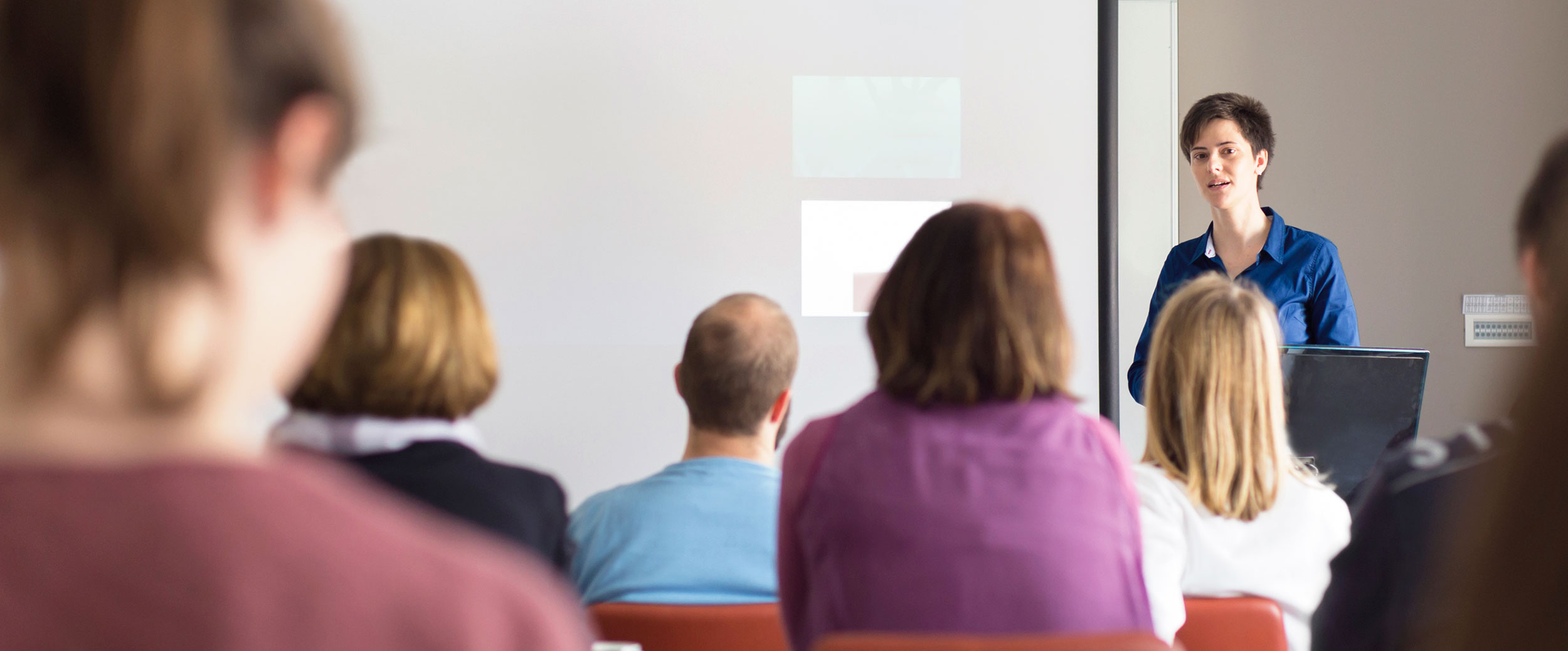The shortage of skilled workers is a central challenge for the German labor market – 18% of young adults (20-34 years) do not have any occupational degree, and this proportion is up to twice as high for those from disadvantaged backgrounds.
One promising approach to tackle this challenge is through individual mentoring programs. The project team investigates how mentoring programs can be successfully scaled to transform the education system in Germany and promote social equality. Whether, and to what extent, such programs have a positive impact is crucial to the successful design of societal transformation processes. The research team is cooperating with a leading mentoring provider and conducting a randomized controlled trial with 3,000 disadvantaged young people to analyze the causal effects of mentoring. We plan to examine four key areas of scale-up: recruitment of mentors, general equilibrium effects, replacement of high-cost matching methods with machine learning, and the horizontal expansion of mentoring to vocational schools and apprentices.
The results will provide both scientific and practical insights into optimal technologies for rolling out interventions that serve societal transformation and the promotion of equal opportunities.
Date
18.9.2025
, 1 p.m. until 2 p.m.
Venue
Institute for Employment Research
Regensburger Straße 104
90478 Nürnberg
Room Re100 E10
or online via MS Teams
Registration
Researchers who like to participate, please send an e-mail to IAB.Colloquium@iab.de

